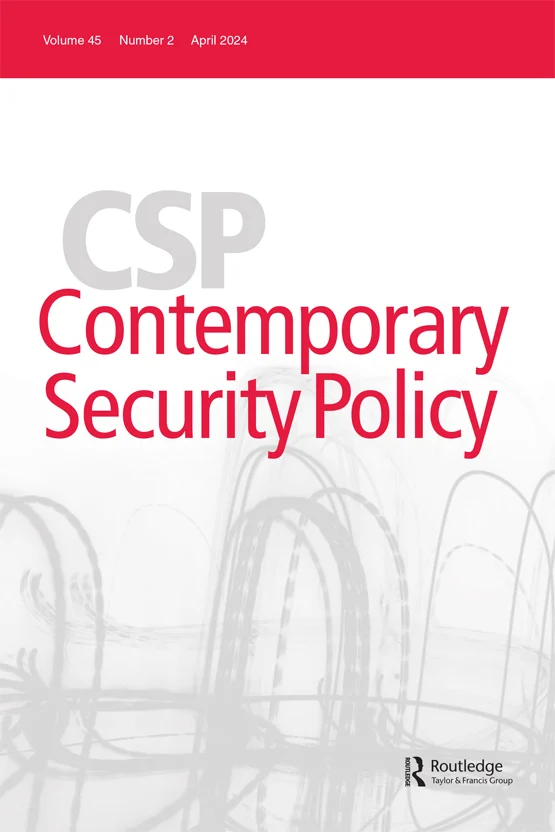The vitality of the NPT after 50
IF 5
1区 社会学
Q1 INTERNATIONAL RELATIONS
引用次数: 0
Abstract
ABSTRACT The most inclusive security treaty in the world, the Treaty on the Non-Proliferation of Nuclear Weapons (NPT) turned 50 in 2020. Our special issue takes stock of the NPT’s vitality after these five decades. In this introduction, we emphasize the need to distinguish between the treaty instrument and the larger nuclear nonproliferation regime. Next, we consider a recent development that may represent a serious impending shock which could weaken the NPT: dramatic changes in the treaty’s legal and normative landscape. Then, we assess vitality of the NPT in light of current concerns, arguing that norm contestation can be healthy for international regimes and calls for the death of the NPT are premature. Finally, we review the contributions of our special issue authors, highlighting the significant differences among them, and embedding them in ongoing research on the NPT.《不扩散条约》50年后的生命力
摘要作为世界上最具包容性的安全条约,《不扩散核武器条约》(NPT)于2020年年满50岁。我们的特刊评估了《不扩散条约》在这五十年后的生命力。在这一导言中,我们强调必须区分条约文书和更大的核不扩散制度。接下来,我们考虑最近的一个事态发展,它可能代表着一个严重的迫在眉睫的冲击,可能会削弱《不扩散条约》:该条约的法律和规范格局发生了巨大变化。然后,我们根据当前的关切来评估《不扩散条约》的生命力,认为规范的争论对国际制度来说是健康的,要求废除《不扩散核武器条约》还为时过早。最后,我们回顾了我们的特刊作者的贡献,强调了他们之间的重大差异,并将其纳入正在进行的关于《不扩散条约》的研究中。
本文章由计算机程序翻译,如有差异,请以英文原文为准。
求助全文
约1分钟内获得全文
求助全文
来源期刊

Contemporary Security Policy
Multiple-
CiteScore
14.60
自引率
6.80%
发文量
22
期刊介绍:
One of the oldest peer-reviewed journals in international conflict and security, Contemporary Security Policy promotes theoretically-based research on policy problems of armed conflict, intervention and conflict resolution. Since it first appeared in 1980, CSP has established its unique place as a meeting ground for research at the nexus of theory and policy.
Spanning the gap between academic and policy approaches, CSP offers policy analysts a place to pursue fundamental issues, and academic writers a venue for addressing policy. Major fields of concern include:
War and armed conflict
Peacekeeping
Conflict resolution
Arms control and disarmament
Defense policy
Strategic culture
International institutions.
CSP is committed to a broad range of intellectual perspectives. Articles promote new analytical approaches, iconoclastic interpretations and previously overlooked perspectives. Its pages encourage novel contributions and outlooks, not particular methodologies or policy goals. Its geographical scope is worldwide and includes security challenges in Europe, Africa, the Middle-East and Asia. Authors are encouraged to examine established priorities in innovative ways and to apply traditional methods to new problems.
 求助内容:
求助内容: 应助结果提醒方式:
应助结果提醒方式:


